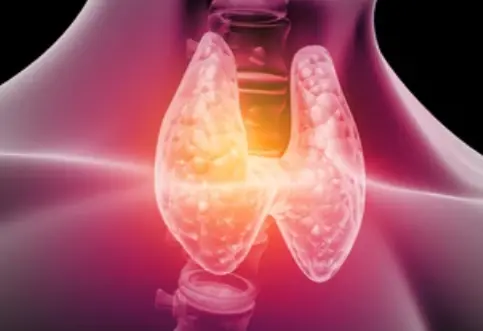 Welcome
Welcome
“May all be happy, may all be healed, may all be at peace and may no one ever suffer."
- A
- B
- C
- D
- E
- F
- G
- H
- I
- J
- K
- L
- M
- N
- O
- P
- Q
- R
- S
- T
- U
- V
- W
- X
- Y
- Z
Lichen sclerosis - Generics
Lichen sclerosus is a chronic inflammatory skin condition that commonly affects the genital area, but can also occur on other parts of the body. The condition is most common in postmenopausal women, but can affect men and women of all ages.
The exact cause of lichen sclerosus is unknown, but it is thought to be an autoimmune disorder, in which the immune system attacks healthy tissue in the body. Other factors that may contribute to the development of lichen sclerosus include hormonal imbalances, genetics, and certain infections.
Symptoms of lichen sclerosus can vary, but commonly include:
- Itching and pain in the affected area
- White, shiny, or smooth patches of skin
- Scarring and thinning of the skin
- Painful intercourse or difficulty urinating in women
- Difficulty retracting the foreskin in men
Lichen sclerosus can be diagnosed through a physical exam and biopsy of the affected area. Treatment typically involves the use of topical corticosteroid creams to reduce inflammation and itching. Other treatments may include immunosuppressive medications, surgery, or phototherapy.
While lichen sclerosus cannot be cured, early diagnosis and treatment can help manage symptoms and prevent complications. Regular check-ups with a healthcare provider are recommended for those with the condition.

N/A

Hyperparathyroidism

Angioplasty

Allergic blepharitis

Nasal congestion

Gl hemorrhage from stress...

Pulmonary edema

Enterocolitis
Lichen sclerosis, লিকেন স্ক্লেরোসিস
To be happy, beautiful, healthy, wealthy, hale and long-lived stay with DM3S.